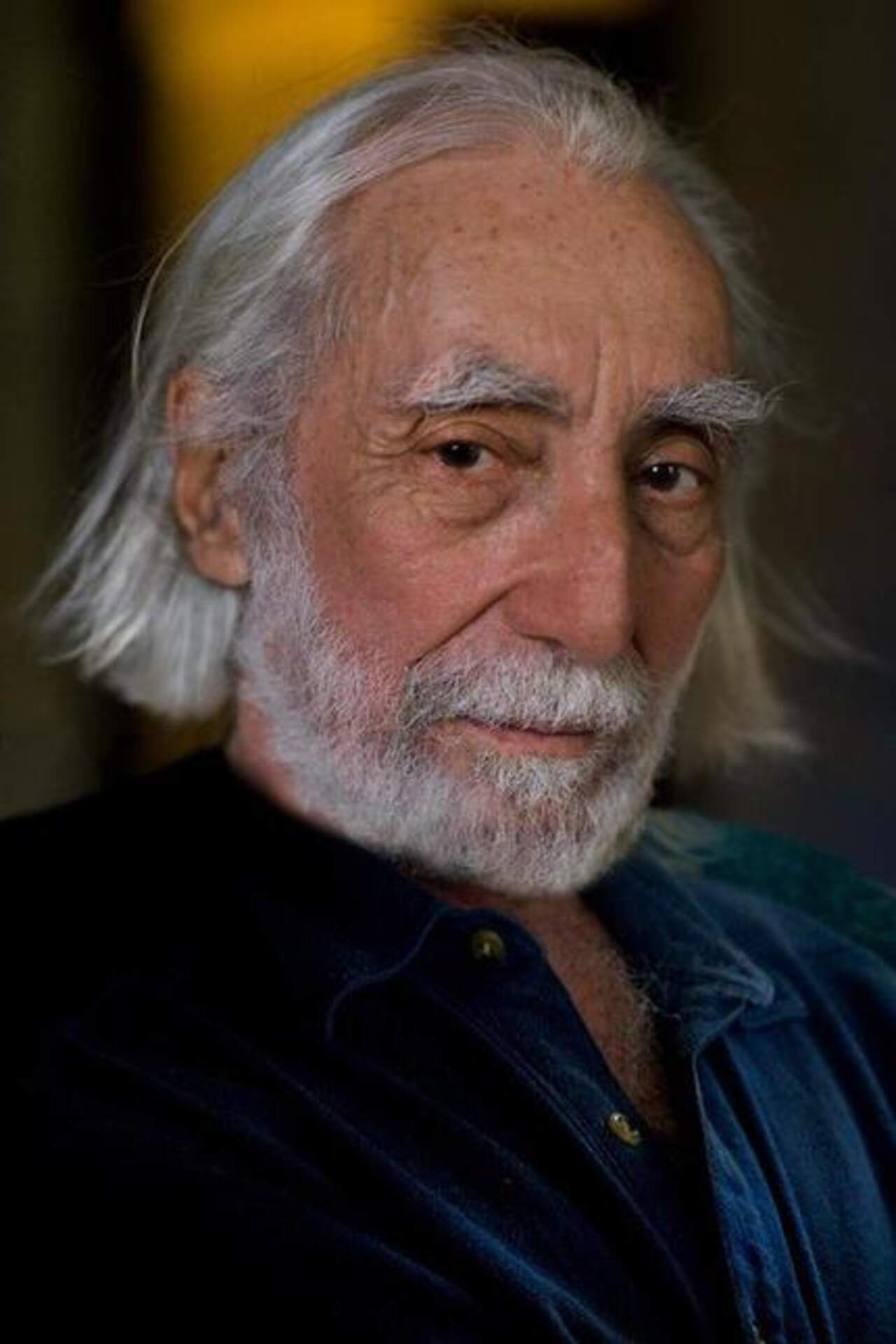Richard Nonas
(1936-2021)
American
Born: New York, New York
Richard Nonas was an American anthropologist and post-minimalist sculptor. He was educated in literature and social anthropology at the University of Michigan, Lafayette College, Columbia University, and the University of North Carolina. Following his education, Nonas worked as an anthropologist for over a decade, doing fieldwork on Indigenous civilizations in Northern Ontario, Canada, and in Northern Mexico and Southern Arizona.
By the 1960s, at the age of 30, Nonas turned his attention to sculpture; where his anthropological work left a deep imprint that affected his engagement with the perception of space. While working as an anthropology professor at Queens College, Nonas began picking up pieces of wood he found while out walking his dog. “I started taking the wood home and moving it around. The idea of art never occurred to me,” Nonas told the Brooklyn Rail in 2013. “A couple of months later, a friend came to my apartment and said, ‘Idiot, that’s called art. That’s called sculpture.’”
Nonas is primarily known for modular sculptural installations, primarily in stone or wood, in interior and exterior settings. His work from the 1970s was primarily comprised of granite curbstone, linear wood beams, and other raw materials to experiment with materials and modes of presentation.
In the early 1990s, the North Dakota Museum of Art commissioned Nonas to design a sculpture garden and specimen peony garden for the museum. Then in 2012, at the abandoned village, Vière et les Moyennes Montagnes, Digne-les-Bains, France, he created a permanent installation.
He quickly became part of an intrepid group of artists and curators who found alternative places to show their works. Many of his works rest directly on the ground and function less as formal aesthetic objects, and more as spatial markers. His forms serve to interrupt the space, calling attention to the non-specificity of the forms on the one hand, while creating a charged sense of space on the other. Nonas is exhibited extensively in the U.S. and internationally. He completed an array of large and small works, both indoors and out, and has written extensively on the culturally dependent intellectual and emotional meanings of sculpture, space, and place. He has been the subject of several museum and institutional exhibitions.
On May 11, 2021, Richard Nonas died peacefully in his sleep at the age of 85.
